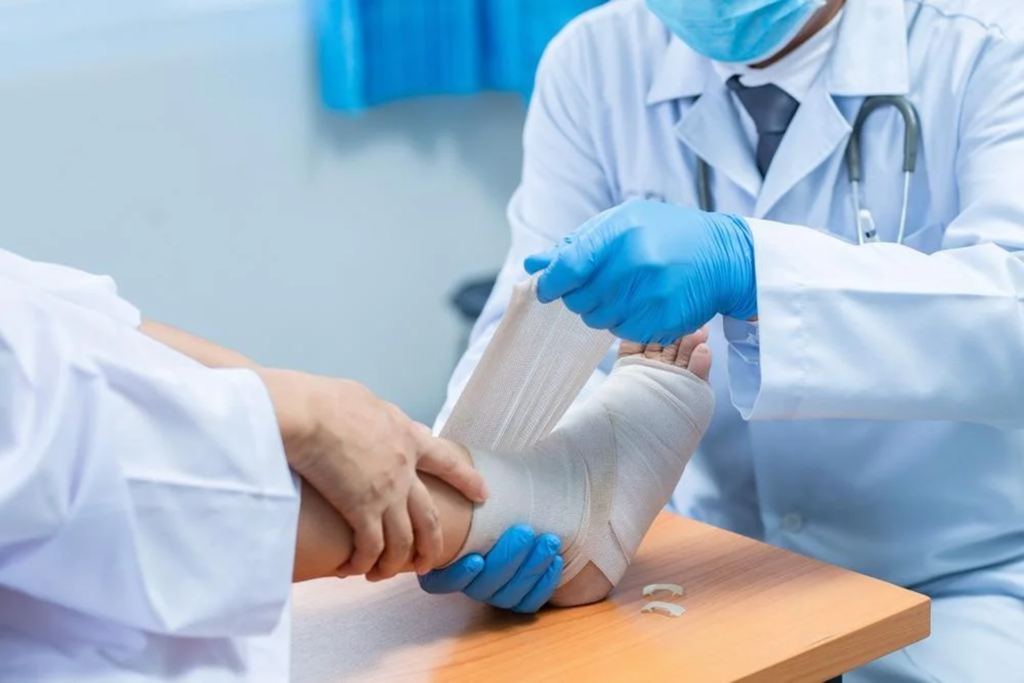
Overview:
Bedridden patients often face significant health challenges due to prolonged immobility, leading to complications such as pressure ulcers, muscle atrophy, and respiratory issues. Wound management is a critical aspect of their care, focusing on preventing infection, promoting healing, and managing symptoms associated with various wounds such as bedsores, surgical wounds, or traumatic injuries. Proper wound care is essential for minimizing pain and promoting recovery, especially in patients with limited mobility or those with chronic conditions.
Causes:
Bedridden conditions may arise from severe illness, injury, surgeries, or neurological disorders that impair a person’s ability to move or perform daily activities. As a result, prolonged pressure on certain body parts can lead to pressure ulcers or bedsores. Inadequate nutrition, poor circulation, and lack of proper hygiene further contribute to wound development. Other factors include diabetes, vascular diseases, or prolonged hospitalization, where the patient is unable to change positions regularly.
Symptoms:
Symptoms of pressure ulcers or other wounds in bedridden patients include pain, redness, swelling, warmth, and the appearance of sores or open skin areas. Infected wounds may produce pus, have a foul odor, or show signs of spreading infection like increased redness, fever, or discomfort. Other signs may include restricted movement or a decrease in the overall health of the patient.
Treatment:
Wound management for bedridden patients involves regular repositioning to relieve pressure on vulnerable areas, proper wound cleaning, and dressing. Treatment may include the use of advanced wound care products such as hydrocolloid dressings, foam dressings, and silver-infused bandages to prevent infection and promote healing. For severe cases, surgical debridement or skin grafting may be necessary to remove dead tissue and encourage healing. Pain management, infection control, and ensuring adequate nutrition are also critical components of the treatment plan.
Precautions:
Patients should be regularly turned or repositioned to avoid prolonged pressure on specific areas, especially bony prominences such as the heels, elbows, and hips. Regular inspection of the skin, maintaining a clean and dry environment, and ensuring proper nutrition to support healing are essential. Infections should be monitored closely, and any signs of worsening wounds should be addressed immediately to prevent further complications.
Prevention:
Preventing bedridden complications and wounds includes ensuring proper care for patients who are immobile. Utilizing pressure-relieving devices such as special mattresses or cushions, encouraging movement when possible, maintaining skin hygiene, and ensuring optimal nutrition can reduce the risk of wounds. Routine skin checks and prompt management of any early signs of pressure ulcers can help prevent further progression.
For expert care in bedridden and wound management, visit the KDM Hospital in Lucknow. The hospital offers comprehensive services, including specialized wound care, advanced pressure ulcer management, and personalized rehabilitation plans to ensure a swift recovery. The hospital also provides access to affordable treatments, ambulance services, Ayushman card acceptance, and 24/7 doctor availability to assist patients throughout their healing journey.
